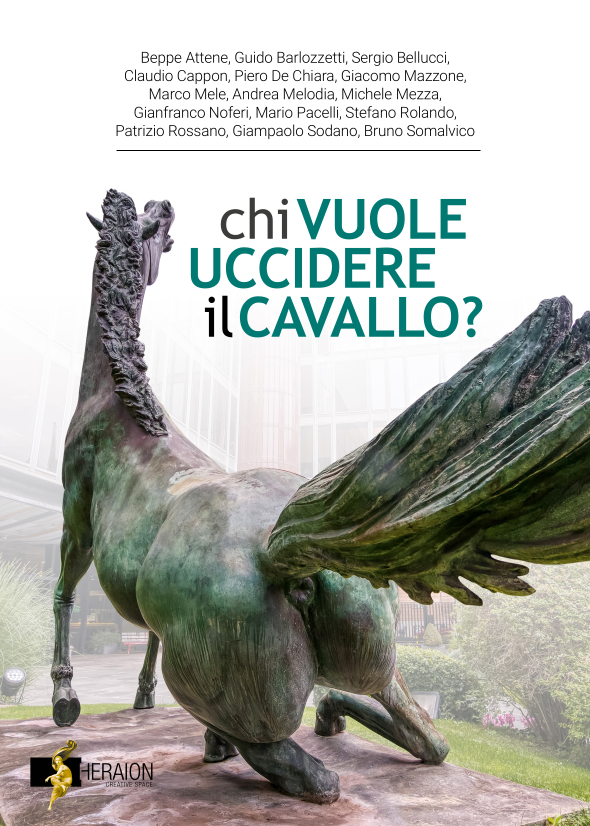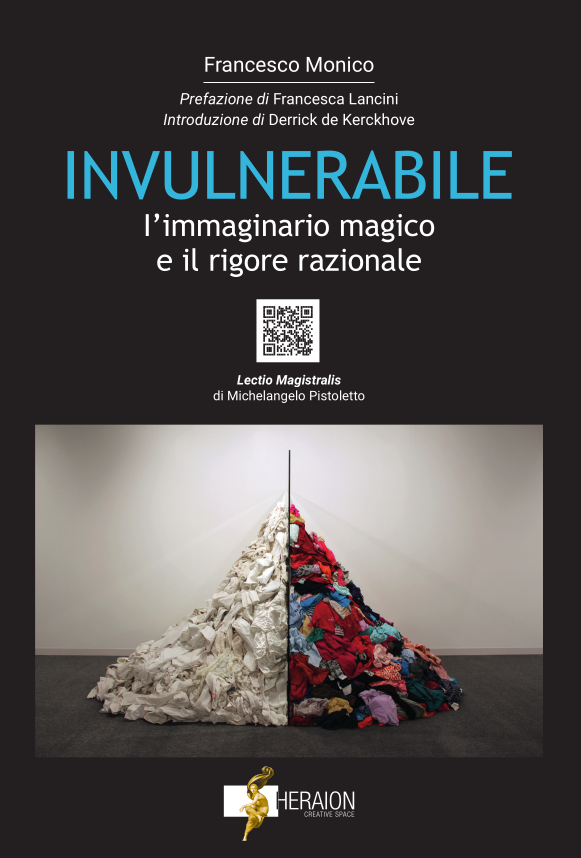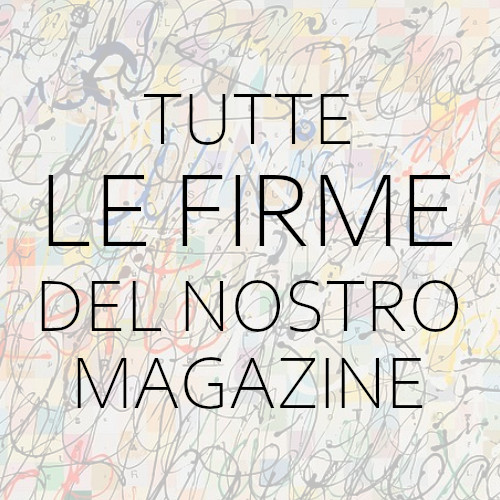The Rise of Modern State
Part I
Abstract: Alla fine della Guerra dei Trent’Anni (1648), lo Stato moderno emerge come attore politico dominante in Europa, caratterizzato da autorità centrale e razionalità amministrativa. Tuttavia, rimane ancorato a una visione teocratica del potere, basata sull’ordine naturale e divino. In questo contesto nasce il contrasto tra Stato e borghesia: quest’ultima, in ascesa economica, reclama la tutela delle libertà individuali e della proprietà privata, fino ad allora soggetta a vincoli feudali. La tensione tra autorità statale e diritti borghesi alimenta il pensiero contrattualista: lo Stato viene giustificato come frutto di un patto sociale per superare lo “stato di natura”. Thomas Hobbes, figura centrale di questa corrente, propone una visione dell’uomo naturalmente egualitario ma incline al conflitto. Solo l’istituzione di un potere sovrano assoluto, il Leviatano, può garantire ordine e sicurezza. In cambio, i cittadini rinunciano ai propri diritti naturali. Pur sostenendo l’assolutismo, Hobbes riconosce spazi di libertà personale là dove lo Stato non interviene.
The modern concept of State
By the conclusion of the Thirty Years’ War in 1648, the modern State—understood as a sovereign and autonomous entity—emerged as the dominant force on the European political stage. This notion of a centralized and rational State was a significant departure from the past, where political authority had been fragmented among numerous territorial powers, particularly during the feudal period, which shaped both the Middle Ages and the early modern era.
Although this new concept of the State introduced rational governance and central authority, it remained deeply rooted in the traditional natural order, viewed as divinely ordained. The theocratic basis of political power during the modern age upheld the enduring alliance between “throne” and “altar.” While the State saw itself as rational in its functions and objectives—focused on consolidating its own power and prosperity—it maintained a conservative stance on its origins, anchored in divine authority.
This continued belief in the natural order also served to legitimize existing social structures, reinforcing hierarchies that ensured the dominance of the privileged classes, including the clergy and aristocracy. While the State was the principal political actor during this period, a new social force was emerging: the bourgeoisie, which would eventually rise to become the State’s key counterpart in the unfolding modern era.
This rising class, largely driven by its active role in the national economy, became the voice for new demands, most notably the protection of individual freedoms and, above all, the inviolability of private property. During the Middle Ages and the early modern period, property was frequently encumbered by obligations such as corvée labour, public servitude, and compulsory contributions of goods, money, and food to the Crown.
The political discourse of this time grappled with reconciling the State’s need for centralized authority with the protection of the bourgeoisie’s interests, which were now becoming increasingly prominent in the European social and economic landscape. The relationship between the individual and the State during this period was marked by a philosophical tension, oscillating between attraction and repulsion. On one side, the bourgeoisie sought the State’s recognition of new rights from which their class had long been excluded. Yet, simultaneously, they aimed to protect themselves from the State, safeguarding their private freedoms and carving out an autonomous space within society to exercise those freedoms.
This intricate interplay between the State and the bourgeoisie found its theoretical foundation in the concept of the social contract, alongside related ideas of sovereignty, representation, and the limitations of governmental power.
Pacts and Contractualism: a philosophical introduction
To ensure the security and order sought by the bourgeoisie, modern philosophical rationalism emerged as a dominant doctrine, redirecting politics from the divine realm to the earthly, constructed by human reason to achieve practical ends. This shift marked a departure from theocratic foundations, asserting that the State is formed through a pact or social contract among individuals who come together to abandon the “state of nature” and enter a political order. The rationale behind this transition was the inadequacy of natural rights in the state of nature, where such rights were either unprotected or insufficiently safeguarded. Within the political framework of the State, these undefined natural rights were transformed into clearly defined civil and political rights.
Sovereignty, as the defining characteristic of the State, became inextricably linked to State institutions. The connection between sovereignty and the State was acknowledged by numerous philosophers, although their interpretations led to differing political conclusions. For Thomas Hobbes, this bond justified absolutism; for Baruch Spinoza, it pointed toward democracy; and for John Locke, it laid the foundations for liberalism.
The issue of political representation also emerged, shaping how individuals would participate in the governance of institutions and exercise their newly recognized rights within the evolving State.
Thomas Hobbes
Thomas Hobbes (1588–1679), in addition to being a prominent philosopher, historian, and scientist, is widely regarded as the father of modern political philosophy. He earned this distinction by departing significantly from the classical view of human sociality and political organization, as presented in Aristotle’s Politics. In Aristotle’s view, humans naturally and spontaneously organize themselves into hierarchically ordered societies. However, Hobbes rejected this notion, arguing instead that political society is the product of an artificial pact, driven by fear and necessity, rather than a natural process.
Hobbes’ divergence from Aristotle begins with his rejection of the idea that some men are naturally destined to rule while others are meant to obey. In Leviathan, Hobbes directly critiques Aristotle’s argument from the first book of Politics, where the Greek philosopher claims that there are naturally wiser men meant to command and others less capable who are bound to follow. Hobbes counters this by asserting that, unlike certain insect societies such as bees and ants, humans do not possess a natural predisposition toward hierarchical order.
Hobbes’ critique of Aristotle’s idea of natural sociality leads to two central and interconnected theses. First, he argues for the natural equality of all men, an equality that inherently resists the acceptance of hierarchical relationships and eventually leads to inequality. Second, he contends that this equality fosters spontaneous conflict among individuals, preventing peaceful coexistence unless artificial institutions with coercive power—namely, the State—are established to maintain order.
Hobbes stands as one of the most influential figures in the history of political thought, particularly due to his seminal work Leviathan, published in 1651 but written earlier in Paris, where he sought refuge following the publication of Elements of Law, Natural and Politic in 1640. Hobbes personally witnessed the turmoil of the English Civil War, a conflict that ultimately culminated in the execution of King Charles I in January 1649.
The war was marked by fierce clashes between parliamentary forces, who championed traditional English constitutionalism, and royalist supporters of Stuart absolutism. These violent struggles, among the most harrowing in England’s history, unfolded against a backdrop of ongoing threats to life and property during the years from 1641 to 1660. This atmosphere of chaos and instability significantly shaped Hobbes’ belief in the inherently savage nature of mankind and the natural propensity for aggression in the absence of a governing power capable of curbing these oppressive instincts.
Hobbes argued, with simple yet compelling reasoning, that in the state of nature all men are fundamentally equal. As a result, he rejected the notion that hierarchical relationships could be naturally justified, making it neither plausible nor legitimate to view any one person as naturally superior to others. This belief laid the groundwork for his broader philosophy on the necessity of strong, centralized authority to maintain order and prevent the chaos inherent in human nature.
While men may differ in physical strength, Hobbes argues that these differences are negligible. Even the weakest person possesses the capability to kill the strongest, perhaps through cunning or treachery. When it comes to mental faculties, Hobbes believes that prudence, gained through experience, is accessible to everyone. Therefore, men are fundamentally equal, and even the existing inequalities in reality do not undermine this foundational status of equality. As such, no natural or spontaneous justification exists for the subjugation of one individual to another.
However, equality is not the sole condition of the state of nature; it is accompanied by an inherent tendency toward conflict. Hobbes attributes this to two primary reasons. First, in a state of nature, individuals live in constant distrust. Since no one can be certain they will not be attacked or killed by others, the safest course of action is to strike preemptively—to attack and kill before being attacked. Second, men are driven by the pursuit of glory. They find immense satisfaction and pleasure in comparing themselves with others and discovering their own superiority. Yet, if everyone aspires to superiority, these comparisons inevitably lead to conflict.
Moreover, Hobbes theorizes that conflict is also legally necessary in the state of nature. If every man naturally has the right to preserve himself and to use whatever means are necessary to achieve this end, then, in the absence of a shared common law, each individual becomes the sole judge of what is required for their own self-preservation. This lack of a universal standard leads to inevitable clashes, as each person pursues their own survival by any means they deem appropriate.
In the absence of a common law, Hobbes argues that every individual has the right to everything. However, this universal right inevitably leads to conflict, as these claims clash with one another, resulting in a permanent state of unrest where no rights are truly recognized or protected. The root cause of this conflict, according to Hobbes, lies in the fundamental equality of all men. Since no one sees themselves as naturally subordinate to another, conflict is always a possibility until a solution is found: the establishment of a shared, higher authority that all can agree to obey.
Hobbes describes this pre-political condition, known as the “state of nature,” as a state of perpetual war—famously captured by the phrase homo homini lupus (“man is a wolf to man”). In such a state, individuals face constant danger, insecurity, and the ever-present threat of death, from which they desperately seek to escape.
The laws of nature serve as a set of guidelines that reason dictates men should follow to ensure peaceful coexistence. These laws essentially instruct individuals to avoid actions that would endanger their lives, as any harm done to others could spark conflict, thereby threatening one’s own survival. However, without a higher power to enforce these laws, no one can be certain that others will refrain from causing harm, theft, or even murder.
In such a state of distrust, it becomes irrational for any man to adhere to these laws without suspicion. Out of self-preservation, the rational response is to be perpetually prepared to strike first—inflicting harm on others before they can do the same. In a world without public order, where each person is solely responsible for their own safety, this is the only logical course of action.
To escape the perpetual state of conflict in the state of nature, Hobbes asserts that individuals have only one viable option: to enter into a mutual pact. Through this agreement, each person voluntarily relinquishes their natural rights and transfers them to a sovereign authority. Under the command of this sovereign, individuals can live in safety, enjoying the peace and justice that such a political order provides. The sovereign’s law replaces the natural law, ensuring stability where there was once chaos.
The power conferred on the sovereign is absolute, as the individuals, having surrendered their right to govern themselves, cannot impose limitations on the authority they have created. The sovereign’s authority transcends natural law, establishing new positive laws that are binding only on the subjects, not the sovereign. In Hobbes’ view, the sovereign is not obligated to obey the very laws he enacts, standing above the law to effectively exercise his role.
Hobbes envisions the State in the form of the Leviathan, a biblical sea creature symbolizing the immense and unified power of the sovereign. The Leviathan is portrayed as a figure with a female face, its scales representing the citizens who cling to it for protection from the oppression of others. This imagery captures the idea that, despite the sovereign’s overwhelming power, the State exists to shield individuals from mutual destruction.
While Hobbes advocates for absolute sovereign power, he also allows a degree of freedom for the subjects. In his theory, freedom is defined as the absence of obstacles. As long as the sovereign does not regulate certain aspects of life, individuals are free to act in those areas. These liberties include the freedom to buy and sell, engage in business dealings, choose one’s residence, select food, raise children, and determine their way of life. Thus, even within an absolutist framework, Hobbes recognizes areas where subjects can exercise personal freedom.












